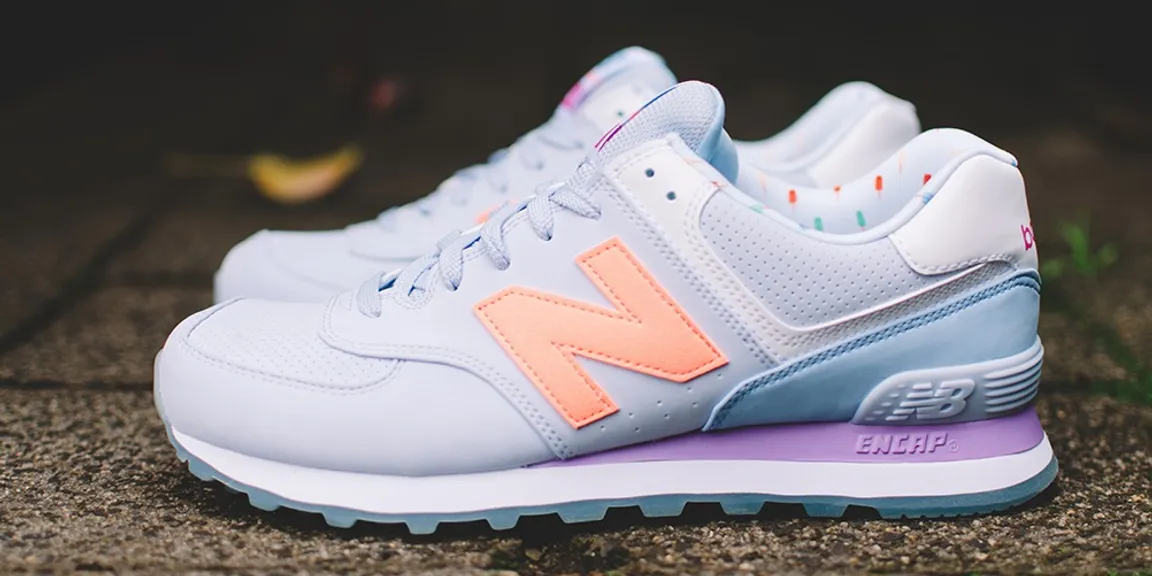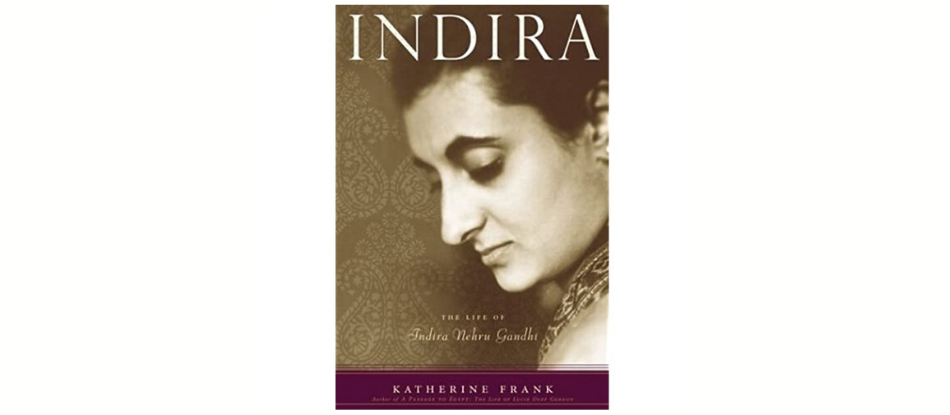

Brand protection: The easiest way to better valuations
The not so recent startup trend in India has gained momentum like never before. In 2015, Prime Minister Modi announced the Startup India campaign, an action plan which aims at promoting bank financing for start-up ventures to boost entrepreneurship and encourage startups with jobs creation, which can be given credit for the fast escalation in the number of people shunning mainstream jobs for pursuing what seem new ideas(mostly!).

Interestingly, we see startups across various sectors, namely; medicine, tech, education, finance, advertising, media and much more. Not all ventures end up creating a brand for themselves, but those that do must know how to protect their IP (intellectual property). Since many founders happen to be inexperienced young enthusiasts, I thought I'd just share my knowledge which I have gathered over the last two years being in a legal tech startup (Lawyered).
What you should know.
Some brands hold massive scope from the day of incorporation, filing for protection early on is a very sensible and obvious move. A startup's brand builds with each successful trademark or patent registration, the same intangible assets can be turned into valued cash. Intellectual property can also be monetized through franchising or licensing. IP being such a valuable assets should be a priority when starting a business.
Not getting legal rights for something you use has put even big sport giants like Nike and Adidas into million dollar legal hassles. In 2015, Nike was accused of copyright infringement when the iconic Micheal Jordon's 'Jumpman' silhouetted image (Jordan's leg spread and upwards extended arm) was seen on billions of dollars worth of apparel and sneakers. Apparently, Nike was infringing the copyright by taking the logo from an image which was published in Life Magazine.

A silhouette of Rentmeester’s image (left) and the Jumpman logo (right), submitted as part of the court filing.
In addition, in 2012, Nike was first to the market with it's patented technology of Flyknit sneakers, Adidas followed 4 months with Primeknits, soon after, Nike had accused Adidas of patent infringement on it's woven, high-tech, one-piece uppers, which to Nike was a symbol of innovation for the brand.
What you should do.
Since it is well established that why protecting intellectual property is important, we move on to what exactly one can do. First, one needs to distinguish among and understand the following:
A startup's brand or identity is protected by a trademark. It is the differentiator between you and your competitors. Trademarks can be filed on a word, sound, smell, shape, number, logo, picture, details of packaging or a combination of one or more of these. Trademark holding so much control of the brand identity, it pays to consult a trademark lawyer. A word of advice for people ideating on brand identifiers, a common name will receive less protection than a name which is unique (even maybe meaningless!).
The other Intellectual property you can file, a patent, is any method, process, substance, device that is new, useful and mainly inventive. Thus, all inventions are protected by patents. Founders who are working on innovation of something truly novel and revolutionary should make sure they protect it.
On the other, a design protects the way a product is visualised, like its pattern, configuration or shape. This is different to a patent which only protects the functionality of the product.
Films, books, artworks, music and other expressions of ideas and information are protected by copyrights. Copyrights can also cover website content, the proprietary code of your application and even promotional content.
Another form of Intellectual property is trade secrets, which can be used to startups advantage without the need of filing it. For example, the recipe for Coca-Cola has been a trade secret since 1891 and still helps them stay ahead of their competitors. Startup founders should tread with utmost care when having business conversations to prevent any misuse of companies trade secrets. A non-disclosure agreement is a must when discussing confidential or sensitive information.
Apart from the above-mentioned options, one must always consider protecting their web content. A simple way to do so is to register your website under the IT Act 2000. Once certified, display it on your website to act as a deterrent for content thieves. Setting up alerts to monitor your brand and competitors too proves beneficial. You could know if there’s a problem with your brand if you aren’t getting updates on where and in what context is your brand mentioned. Google Alerts or Twitter searches are free tools you can use.
It is an unpredictable world out there. One never knows what can give his or her brand that competitive advantage it needs. It could all be in the name, the way your product looks, the main idea here to protect and preserve what is yours (and has potential) for current or future use. Plan wisely, how and what to protect and what to let go.




